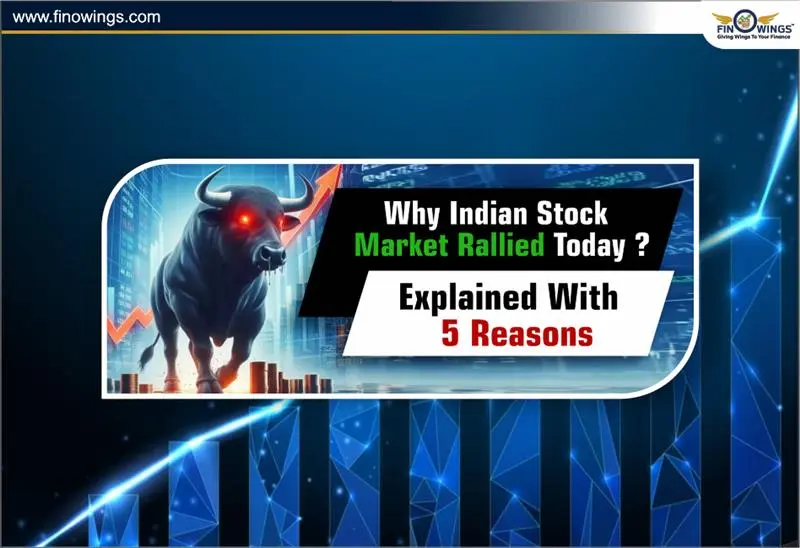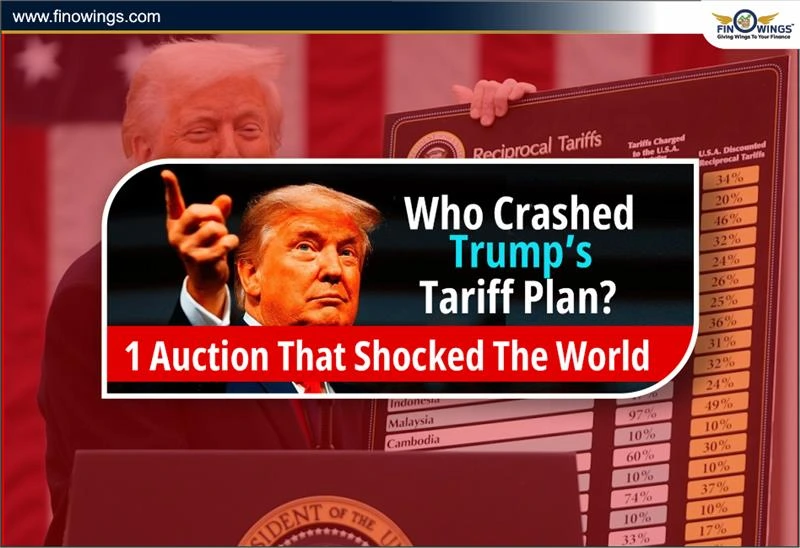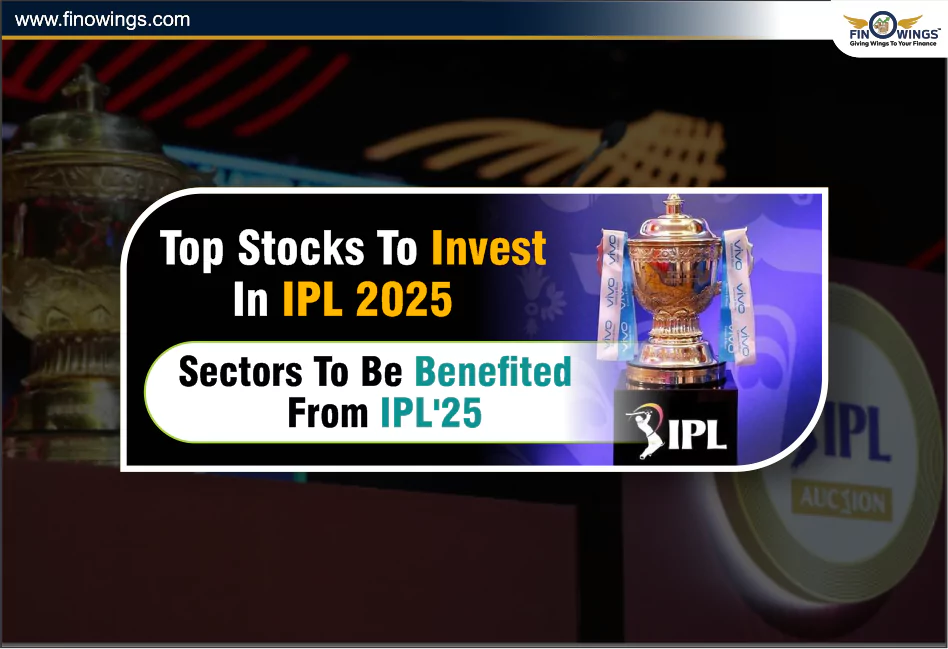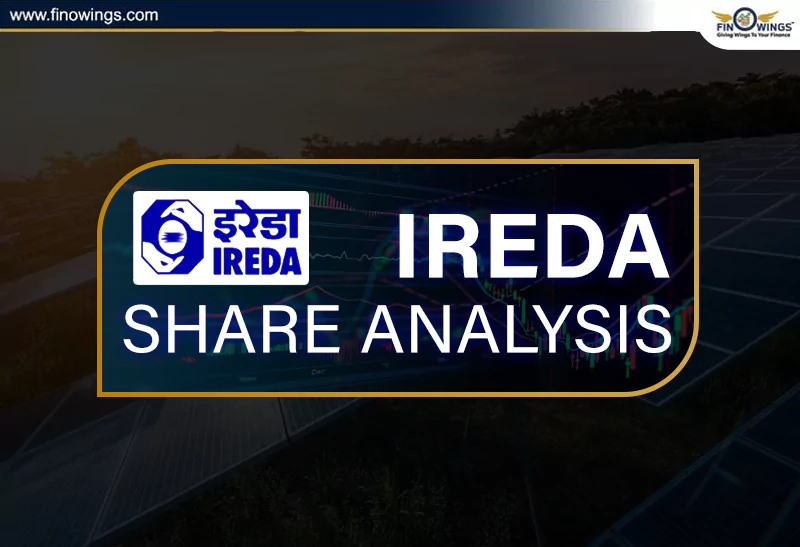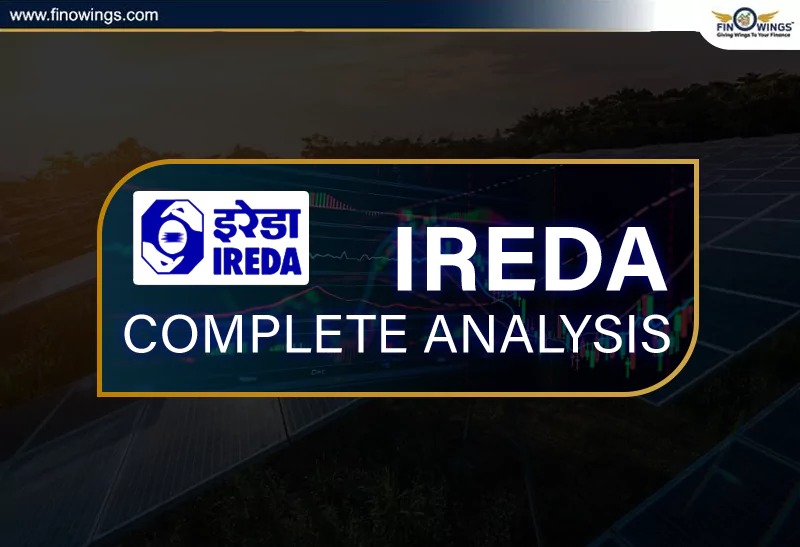Home >> Blog >> Best MidCap Stocks in India 2024: Invest Smartly
Best MidCap Stocks in India 2024: Invest Smartly

Table of Contents
What Are MidCap Stocks?
Stocks of companies with a market capitalization that would normally fall between Rs.5000 Cr to Rs.20000 Cr are referred to as mid-cap stocks. ‘Mid-cap’ is an abbreviation for ‘middle capitalization’ meaning these businesses are somewhere in the middle of the range of market value falling in between small-cap and large-cap companies.
SEBI defines mid-cap stocks as companies that fall between 101 and 250 in terms of market capitalization, NSE, and BSE stock exchanges.
Types of MidCap Stock
Growth Stocks: Businesses that are likely to grow at a rate higher than the average of other industries.
Value stocks: are those that seem to look cheap in basic research.
Dividend stocks: are companies that regularly pay out dividends, thereby giving an investor a regular flow of income.
Cyclical Stocks: are those that reflect quite a significant correlation with the business cycle and thus work great during the business expansion cycle.
Why Invest in MidCap Stocks?
Growth Potential: Middle capital companies are likely to grow significantly; therefore, they appeal to investors who seek higher income returns.
Stability: Mid-capital companies are less risky and stable as compared to small-capital stocks and can be volatile in lesser measures.
Exploration: You can mitigate risk while enhancing returns on your investment by adding some mid-cap stocks to your basket of investments.
Dynamism and Inventiveness: Along the same lines, mid-cap companies would more easily harness creative capability unlike large companies, and therefore would be able to leverage new opportunities and change with the external environment promptly.
How to select mid-cap stocks?
Investors in mid-cap shares should look towards the quality of revenues. Increasing revenues accompanied by increased gross and operating margins indicate that the company is developing greater economies of scale with higher profits to the shareholders.
Some Best mid-cap stocks / top midcap stocks in India are discussed below.
1. AstraZeneca Pharma India Ltd.
AstraZeneca Pharmaceuticals AB owns 75% of the shares of AstraZeneca Pharma India Ltd, wherein the company deals with the manufacturing, marketing, and selling of drugs.
AstraZeneca Pharma: Key Details
Its PE ratio is 136, ROE is 22.9%. Book value stands at 285. AstraZeneca's market cap stands at Rs.17,856 Cr with a share price of Rs.7142 and a one-year return of 56%.
It has 75% reserved for promoters, 2.9% for foreign Institutions (FIIs), 5.08% for DIIs, and 17.02% for public as of September 2024.
2. Bajaj Electricals Ltd.
A large FMEG company with the business of consumer products (appliances, fans, lighting), exports, and EPC (illumination, transmission towers, and power distribution) under Bajaj Electricals Limited. It is a subsidiary of the Bajaj Group of Companies, it also caters to high-end cookware and home appliance markets under the brands Nirlep and Morphy Richards.
Bajaj Electricals: Key Details
Its PE ratio is 73.6, ROE is 7.74%. The book value is 125. The Bajaj Electricals market cap is Rs.9,758 Cr with a Share price of Rs.844 and one-year returns are -16.7%.
This company has 62.76% reserved for promoters, 8.23% for foreign Institutions (FIIs), 15.59% for DIIs, and 13.41% for public as of September 2024.
3. Force Motors Ltd.
The company manufactures fully vertically integrated small and light CVs, multi-utility vehicles, and agricultural tractors and supplies the same to various countries in the Middle East, Asia, Latin America, and Africa. The company was earlier known as Bajaj Tempo till 2005.
Force Motors Ltd: Key Details
Its PE ratio is 18.9, ROE is 18.8%. The book value is 1712. The Force Motors market cap is Rs.8,221 Cr with a Share price of Rs.6,236 and one-year returns are 80.3%.
This company has 61.63% reserved for promoters, 7.89% for foreign Institutions (FIIs), 0.92% for DIIs, and 29.56% for public as of September 2024.
4. Bata India Ltd.
The company is owned outright by Bata Corporation, which has a 50% stake. Bata Corporation is a leading shoemaker in the world by volume with more than 5,300 retail shops across over 70 countries in 5 continents and operates 21 production facilities in 18 countries. Bata Corporation was founded in 1894 in the Czech Republic.
Bata India Ltd: Key Details
Its PE ratio is 49.5, ROE is 19.8%. The book value is 119. The Bata India Ltd. cap is Rs.17,529 Cr with a Share price of Rs.1,365 and one-year returns are -12.2%.
50.16 %has been kept for promoters, 8.81% for FIIs, 27.12% for DIIs, and 13.89% for the public till September 2024
5. Bharat Bijlee Ltd.
One of the leading electrical engineering firms in India, Bharat Bijlee produces turnkey solutions for EHV switchyards, HV and MV substations, Electrical Balance of Plant, and more. It also makes electric motors, transformers, elevator systems, drives, and automation.
Bharat Bijlee Ltd: Key Details
Its PE stands at 38.1, ROE is 8.01%. Book value is at 1651. The market cap of Bharat Bijlee is Rs.4,956 Cr, and the Share price is Rs.4,379 with one-year returns at 138%.
Percentage reserved for promoters is 33.69% FIIs 4.79%, DIIs 16.31%, and public 45.23% till September 2024.
Disadvantages of MidCap Stocks
Value-Trap: A value trap is where the company never clears with high profits, instead has an operation with low profits and with little cash flow. It is in a stagnant position. Mid-cap companies, particularly the ones with lower rank go in for value and in case of its sustained existence for a long period, it would no longer be traded.
Inadequate Resources: Mid-cap companies compared to large-cap companies have a less efficient managerial and organizational structure. Hence, although the companies are producing a good amount of profits, they are not well equipped enough to use it appropriately.
Economic Crisis: Most of the mid-cap companies do not have relevant experience to withstand any type of economic crisis or downtrend in market cycles. Hence, while searching for the best mid-cap stocks we must assess the company's financial history.
Conclusion
Mid-cap stocks such as AstraZeneca Pharma India Ltd., Bajaj Electricals Ltd., Force Motors Ltd., Bata India Ltd., and Bharat Bijlee Ltd. hold growth potential in addition to stability, hence making them a suitable choice for portfolio diversification. Although they could be more volatile than the large-cap stocks, these companies bring in so much opportunity for innovation and agility. However, value traps and economic challenges pose certain dangers. This category requires careful research and analysis of its components just to be certain of its investment decisions.
Disclaimer
This blog is NOT any buy or sell recommendation. No investment advice is given. This blog is only for information and education purposes. We do NOT advise/suggest/recommend anyone to involved or invest in stock buying/selling, or trading activities. The data presented in this blog are at the time of writing this content (as of 26 October 2024) and can change with time. Investors should do research, and consult with their financial advisors before financial investments.
Frequently Asked Questions
List of best midcap stocks to invest-
Bharat Bijlee Ltd.
Bata India Ltd.
Force Motors Ltd.
Bajaj Electricals Ltd.
AstraZeneca Pharma India Ltd.
CEAT Ltd.
Midcap SIP list in India to invest-
Quant Mid Cap Fund.
HDFC Mid-Cap Opportunities Fund.
Kotak Emerging Equity Fund Direct Growth.
Invesco India Mid Cap Fund Direct Growth.
Aditya Birla Sun Life Nifty Midcap 150 Index Fund.





